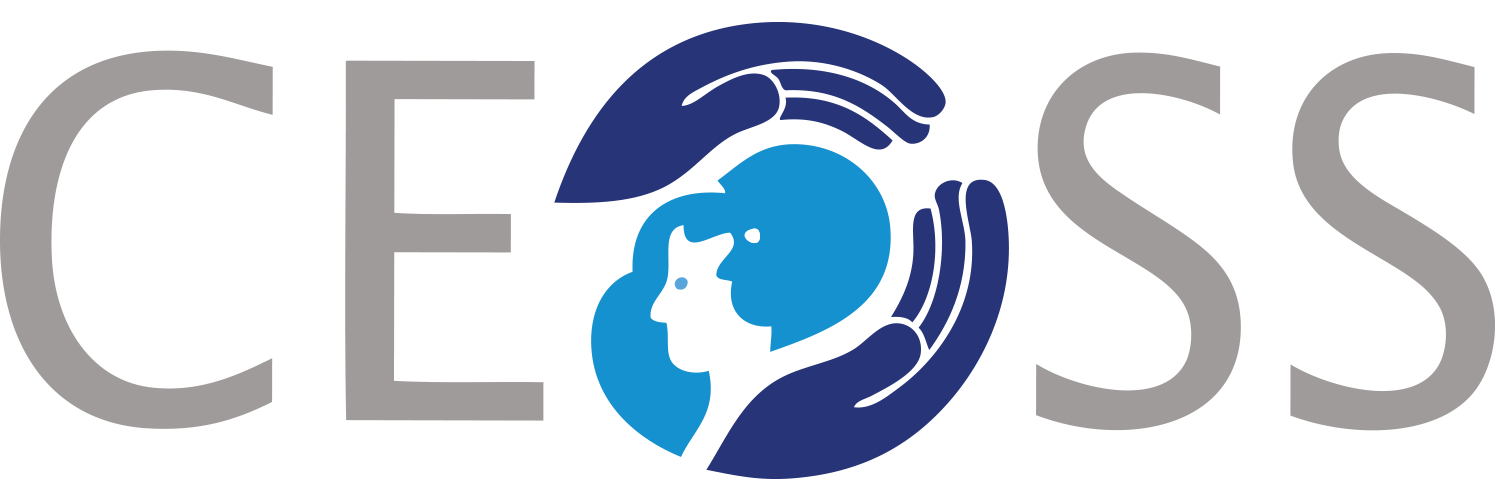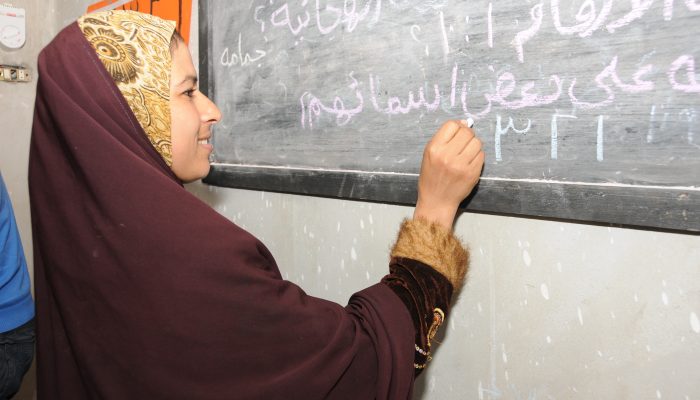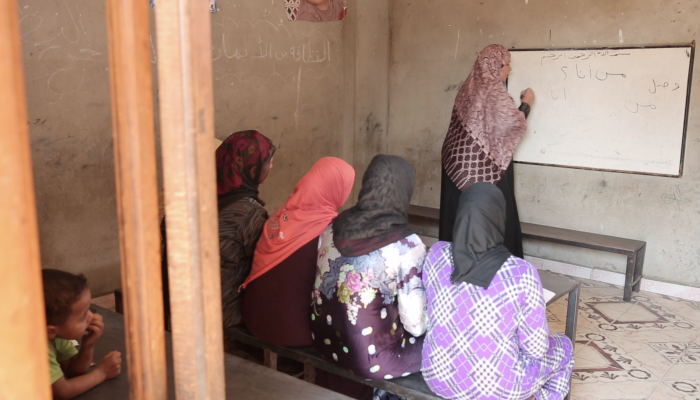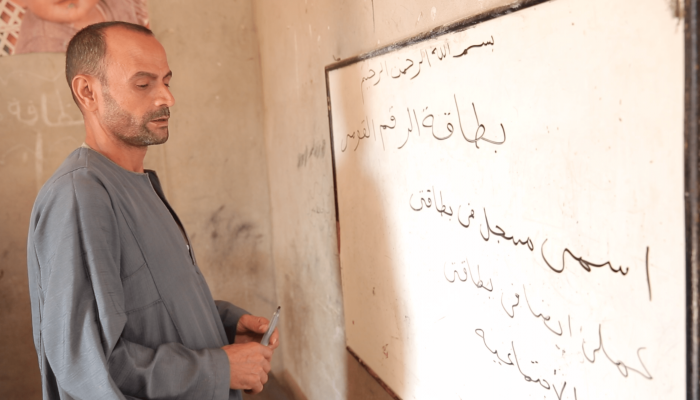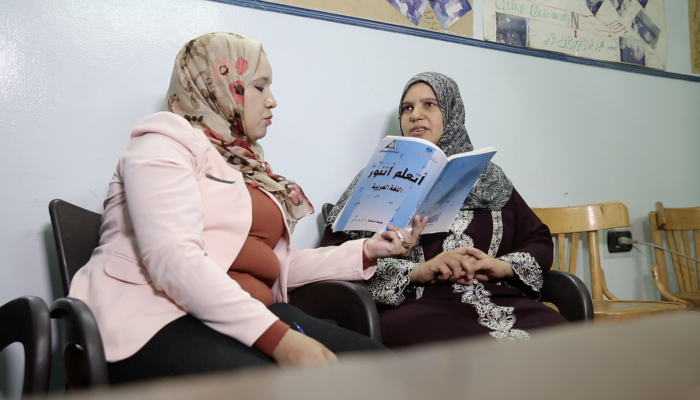Education and Civic Education Program
Since its establishment, CEOSS has taken interest in education as a basic entry to develop a human being as an individual as well as enhancing society’s ability to develop its capacities. Thus, managing literacy classes has been an activity in which CEOSS has excelled in the work communities in which CEOSS has depended on local leaders and the use of simplified curricula suitable for the nature of these communities.
With the expansion of CEOSS development work, work in the field of education has been developed to include other education issues besides literacy such as admitting all pupils at school age to basic education schools and returning dropouts to schools. This is besides raising the efficiency of formal education through developing the environment and infrastructure of basic education schools and developing teacher skills as well as enhancing a link between schools and communities.
This development also included taking into consideration different groups, especially women, to whom CEOSS directs intense efforts, besides teaching them reading and writing, to enhance their role, obtain their rights, and achieve the best possible level of participation in decision making processes at different levels.
In light of CEOSS adopting a rights-based approach to development, education is viewed as a basic right every individual must obtain. It is the right that empowers individuals to possess better knowledge on health, the environment, and the labor market, thus enabling them to enjoy other rights. The concept of education is also expanded to include civic education which aims at individuals obtaining a modern culture that involves the nature of citizenship that is based on a system of civic and political rights as well as establishing citizenship, human rights, and building a civil society.
Basic Programs in the Field of Education
- The Literacy Program
- Women’s Empowerment Program
- Civic Education Program
Work Strategies
- Adopting a rights-based approach to development with an emphasis on the pivotal role of the poor as citizens
- Partnership and coordination with concerned institutions (the government sector, private sector, and NGOs) to employ their available resources
- Building capacities of citizens and the community committees representing them in the poor areas to empower them to present their issues and obtain their rights
- Advocacy on the part of citizens as an approach in adopting various education issues
- Networking with a number of intermediating Egyptian institutions to address causes in the realms of advocacy, transparency, analyzing public budgets, capacity building, and impacting public procedures and policies of the state
